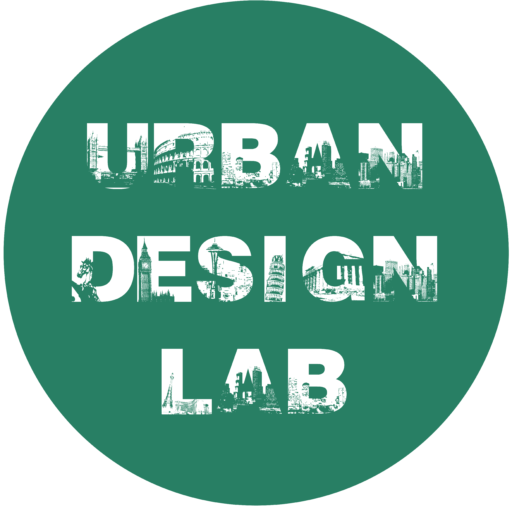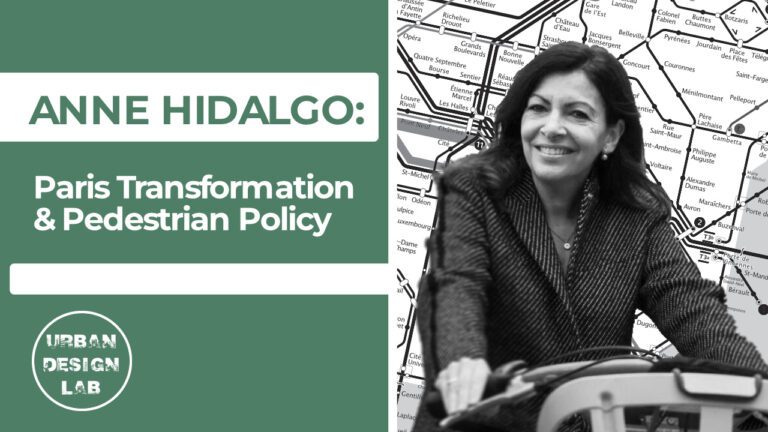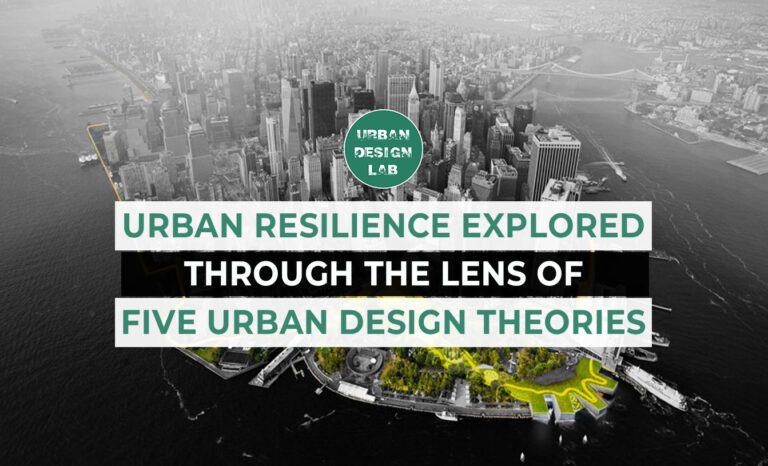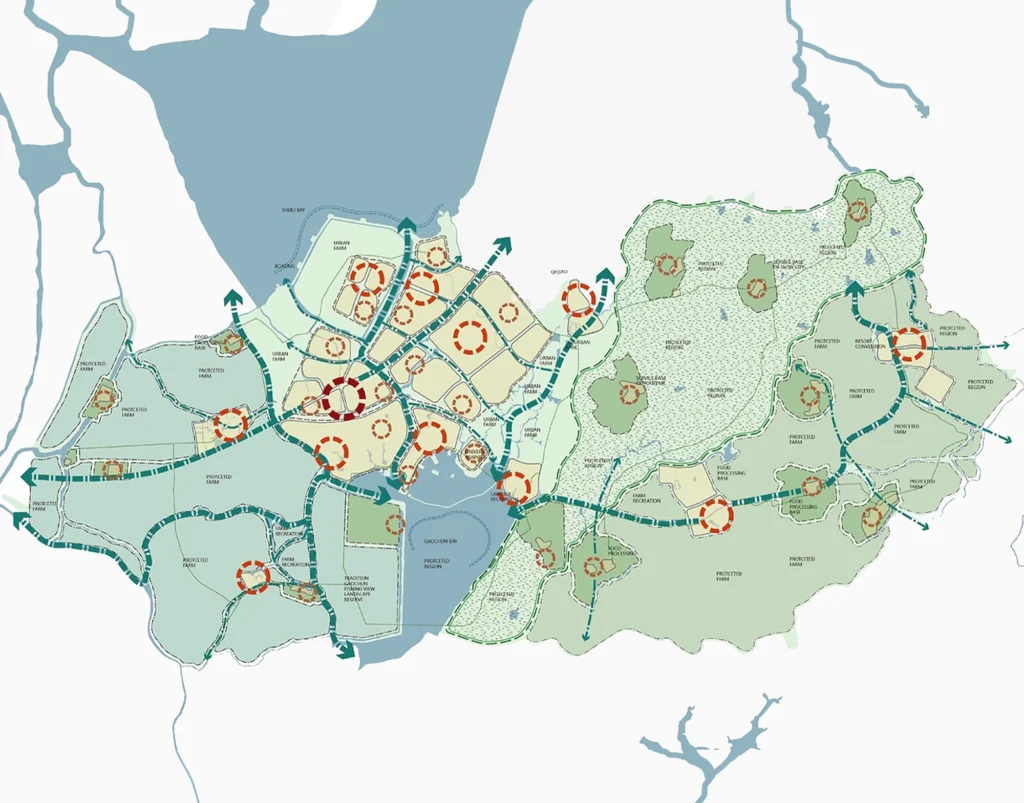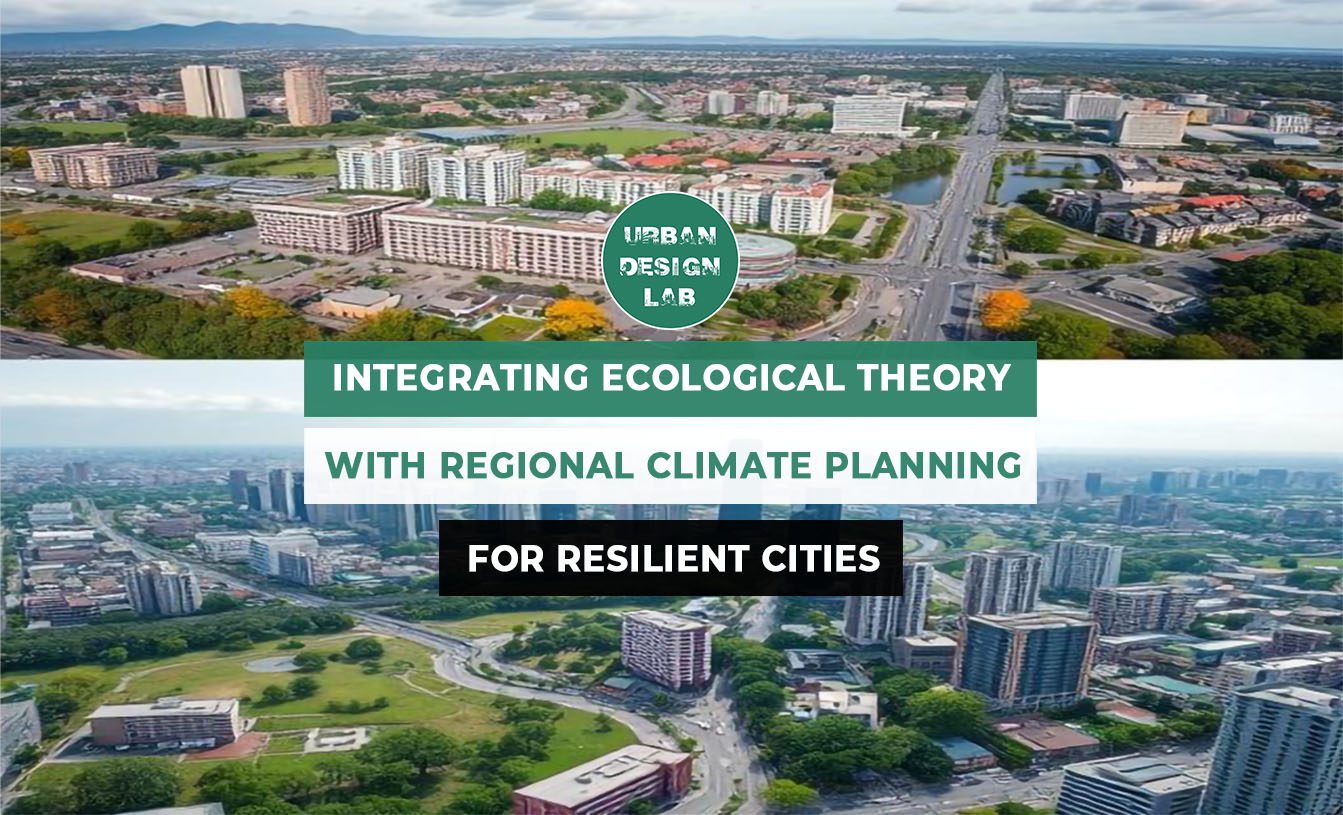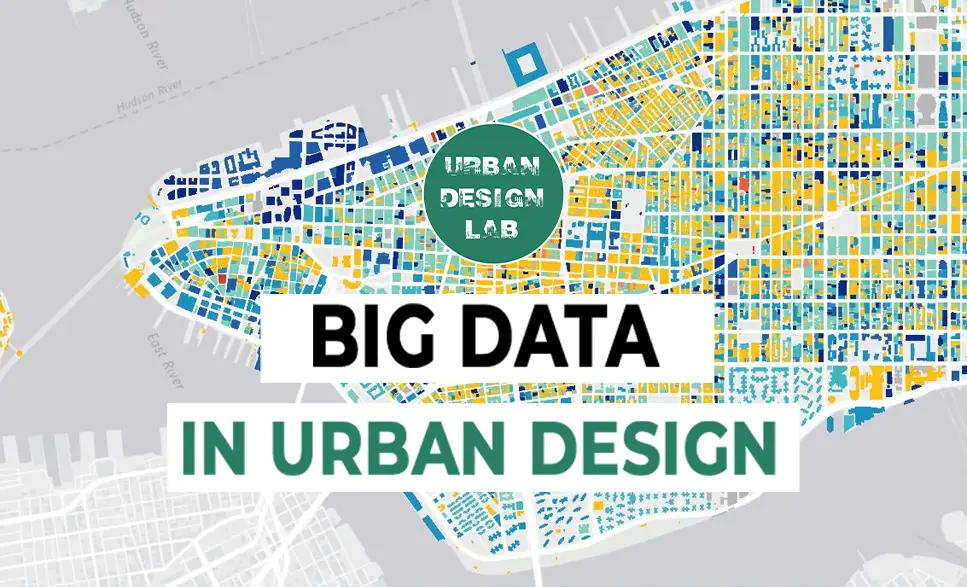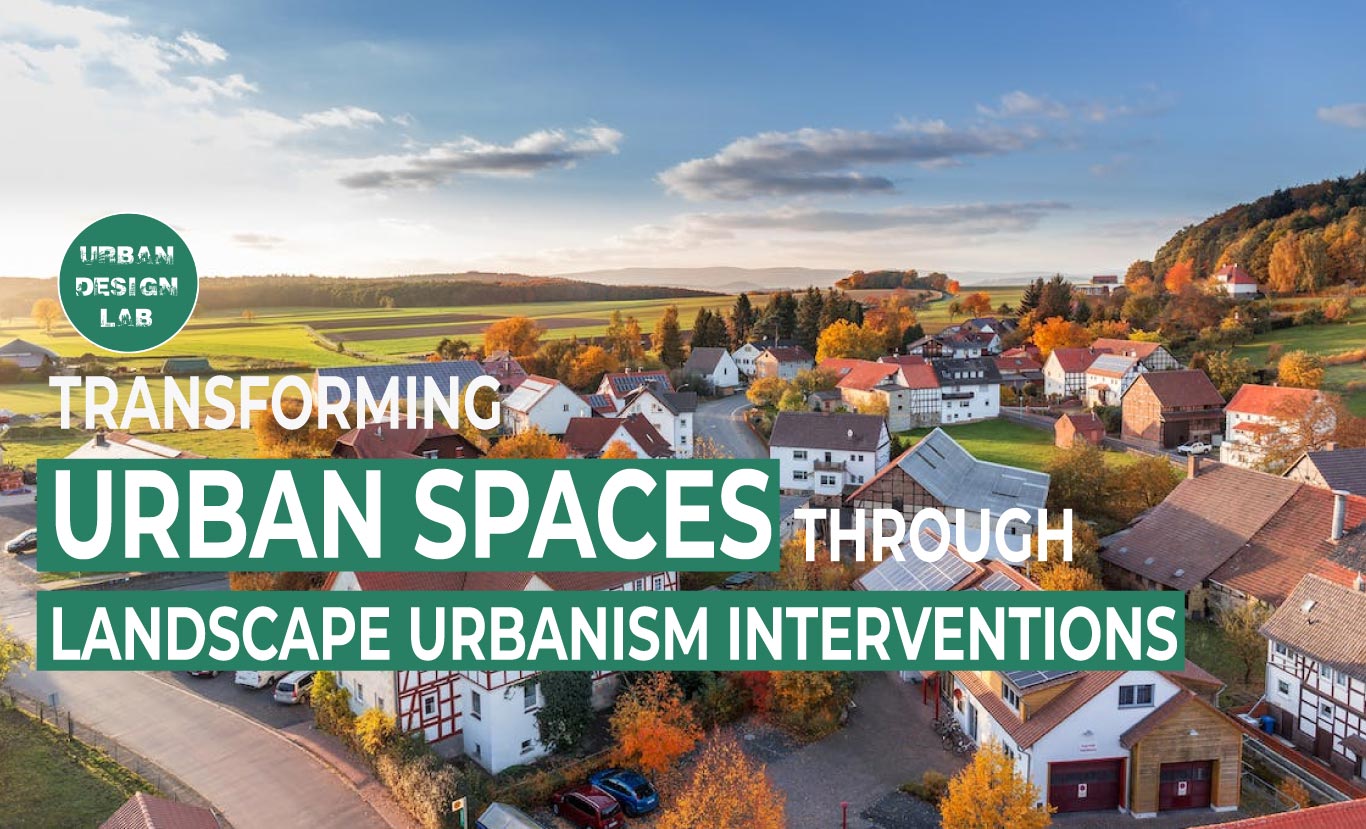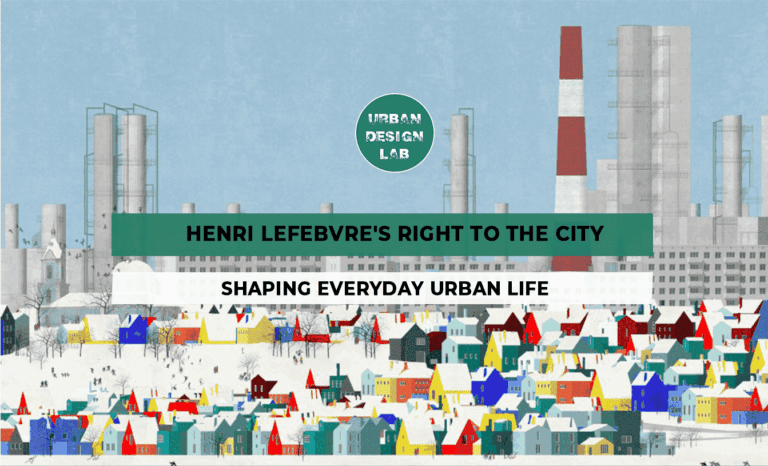
What is urban Health?
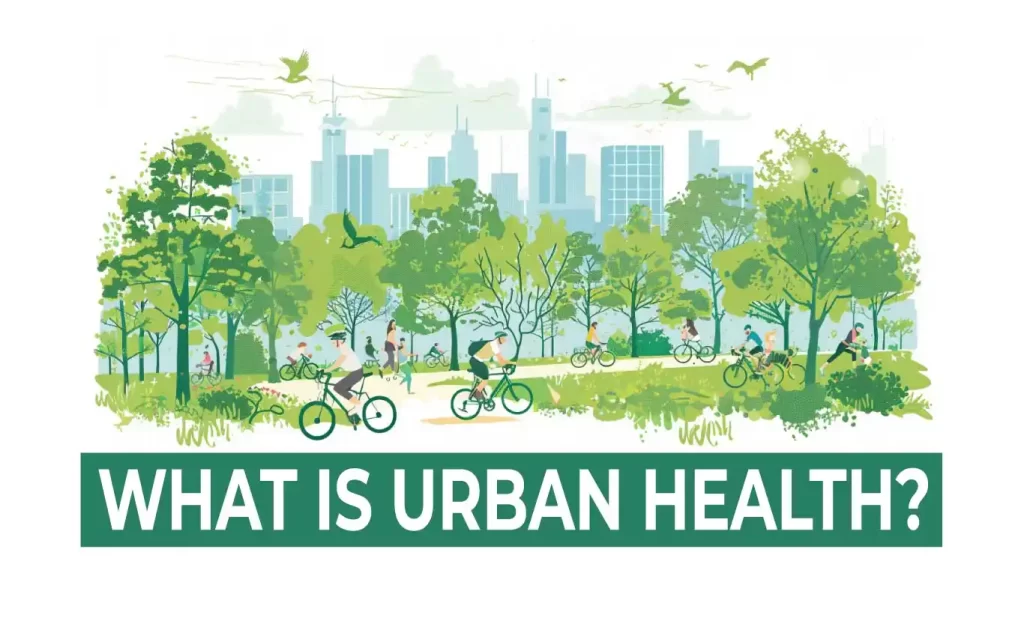
Urban health refers to the study and practice of health and well-being in urban environments, focusing on the health issues and challenges specific to populations living in cities and metropolitan areas. Urban health is increasingly recognized as a critical area of public health concern due to rapid urbanization across the globe. With more than half of the world’s population living in urban areas, the unique health challenges they face require immediate attention and innovative solutions. This article delves into the complex world of urban health care, shedding light on its components, issues, and the framework for its improvement.
What is urban Health?
Health is undeniably a cornerstone of urban development, transcending the simple absence of illness to embody a holistic state of physical, mental, and social well-being. The intricate fabric of urban living weaves together a myriad of factors that directly influence the health and wellness of its residents. From the air they breathe to the water they drink, the environments in which people live play a crucial role in shaping their health outcomes. Urban settings, with their dense populations and complex socio-economic structures, often magnify health care challenges, making accessibility, quality, and affordability key concerns that require immediate attention and innovative solutions.
The contribution of urban health care to sustainable development is both profound and multifaceted. A healthy urban population is the backbone of economic productivity, driving the engines of growth and innovation that cities are known for. Workers in good health are more productive, contribute more significantly to the economy, and foster a cycle of prosperity that benefits the entire city. Beyond the economic sphere, the benefits of a healthy population extend to the social fabric of urban environments. Health and well-being influence social cohesion, reduce crime rates, and enhance the overall quality of life, making cities more livable and harmonious.
Moreover, the challenges of urban health are not just confined to the provision of medical services but are intrinsically linked to urban planning and infrastructure. Access to green spaces, pollution control, efficient waste management, and safe housing are all essential components of urban health that directly impact residents’ well-being. Therefore, addressing urban health issues is a multidisciplinary endeavor that requires the collaboration of healthcare professionals, urban planners, environmentalists, and policymakers.

UN Initiatives for urban Health
In an era of rapid urbanization, the challenge of maintaining and improving urban health has become a paramount concern. The United Nations, through its initiatives such as the WHO Initiative on Urban Governance for Health and Well-being and the Urban Health Initiative, alongside the strategic framework of the New Urban Agenda, is leading efforts to address these challenges head-on. These programs underscore the critical role of effective governance, environmental sustainability, and inclusive urban planning in fostering healthy urban environments. As cities continue to grow, these UN-led endeavors offer a blueprint for integrating health considerations into the fabric of urban development, ensuring that cities not only thrive economically but also become bastions of well-being for all residents.
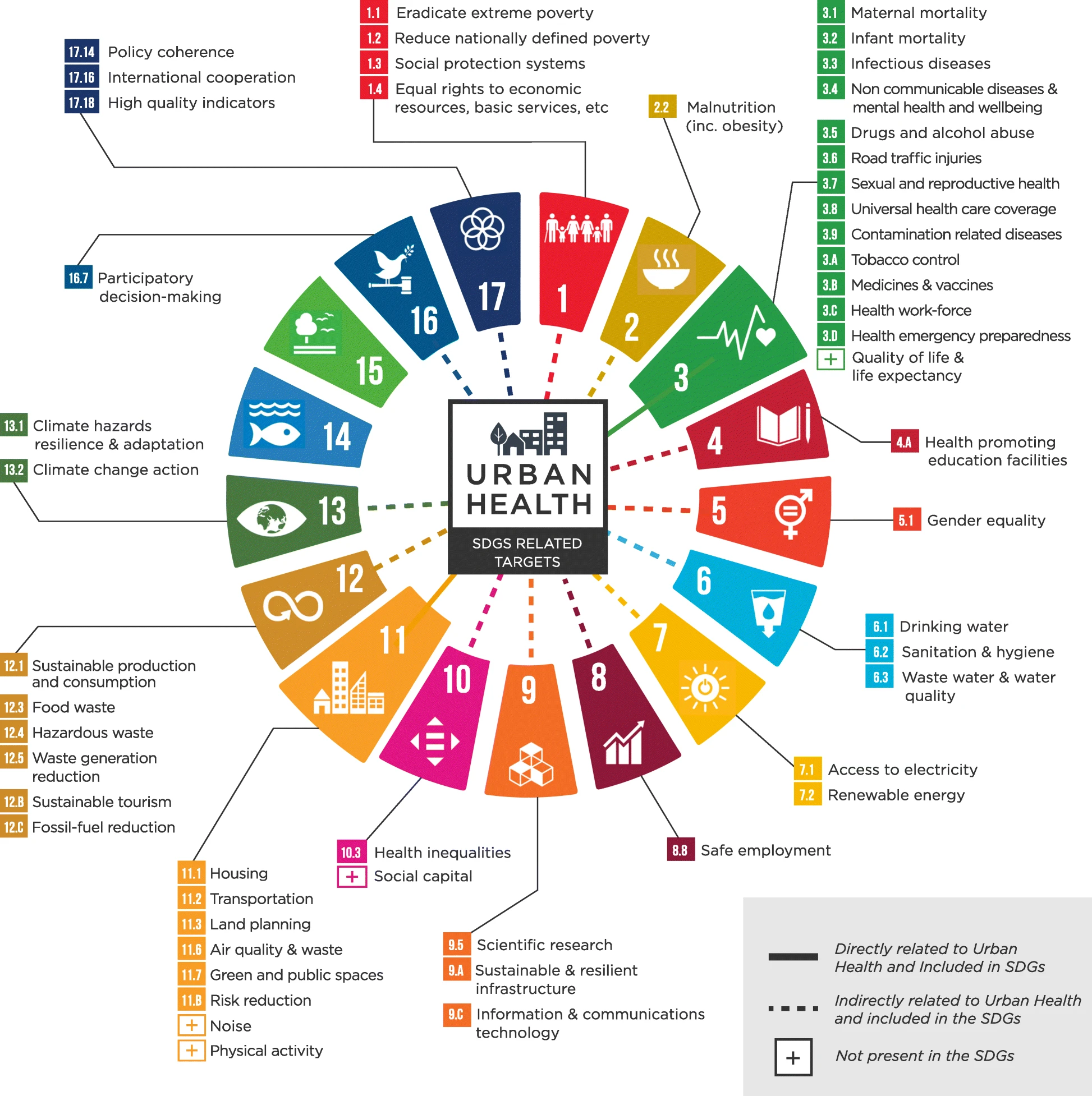
Components of Urban Health Care
Urban health care represents a complex and multifaceted system, critical to addressing the unique challenges posed by densely populated environments. This system is built on several key components, each playing a crucial role in maintaining and enhancing the health of urban populations.
Primary Health Care
Primary health care stands as the foundation of urban health, designed to be the first point of contact for individuals within the healthcare system. This level of care is essential in ensuring equitable access to basic health services for all urban residents, regardless of their socio-economic status. It includes a wide range of services from maternal and child health care, which ensures the health and well-being of mothers and their children, to immunization programs that protect entire communities from vaccine-preventable diseases. Primary health care also encompasses the prevention and control of communicable diseases, a critical aspect in urban settings where high population densities can facilitate the rapid spread of illnesses. By addressing health concerns at the primary level, urban health care systems can significantly reduce the burden on more specialized levels of care, promoting overall system efficiency and improving health outcomes.
:max_bytes(150000):strip_icc()/VWH-MichelaButtignol-DifferencesBetweenPrimarySecondaryTertiaryCare-Standard-81aff211ec5c444b9de025c48d9bd416.jpg)
Occupational Health Care
In the urban landscape, where industrial and service sectors dominate, occupational health care is indispensable. This component focuses on mitigating workplace hazards that can lead to injuries or illnesses, thereby safeguarding the health of the urban workforce. Occupational health care encompasses a broad spectrum of services, including risk assessments, regular health screenings, and the provision of personal protective equipment, all tailored to the specific needs of various industries. By addressing the health and safety of workers, occupational health care not only protects individuals but also contributes to the economic vitality of cities by ensuring a healthy, productive workforce.
Mental Health Care
Mental health care in urban settings addresses the psychological and emotional well-being of the population. Urban life, with its fast pace and potential for social isolation, can exacerbate stress and mental health issues. Mental health services in urban areas are designed to be comprehensive, ranging from preventive and educational initiatives that raise awareness about mental health, to counseling and therapy services, to treatment for severe mental disorders. These services are essential for addressing the broad spectrum of mental health needs in urban communities, contributing to overall well-being and helping individuals lead fulfilling lives.
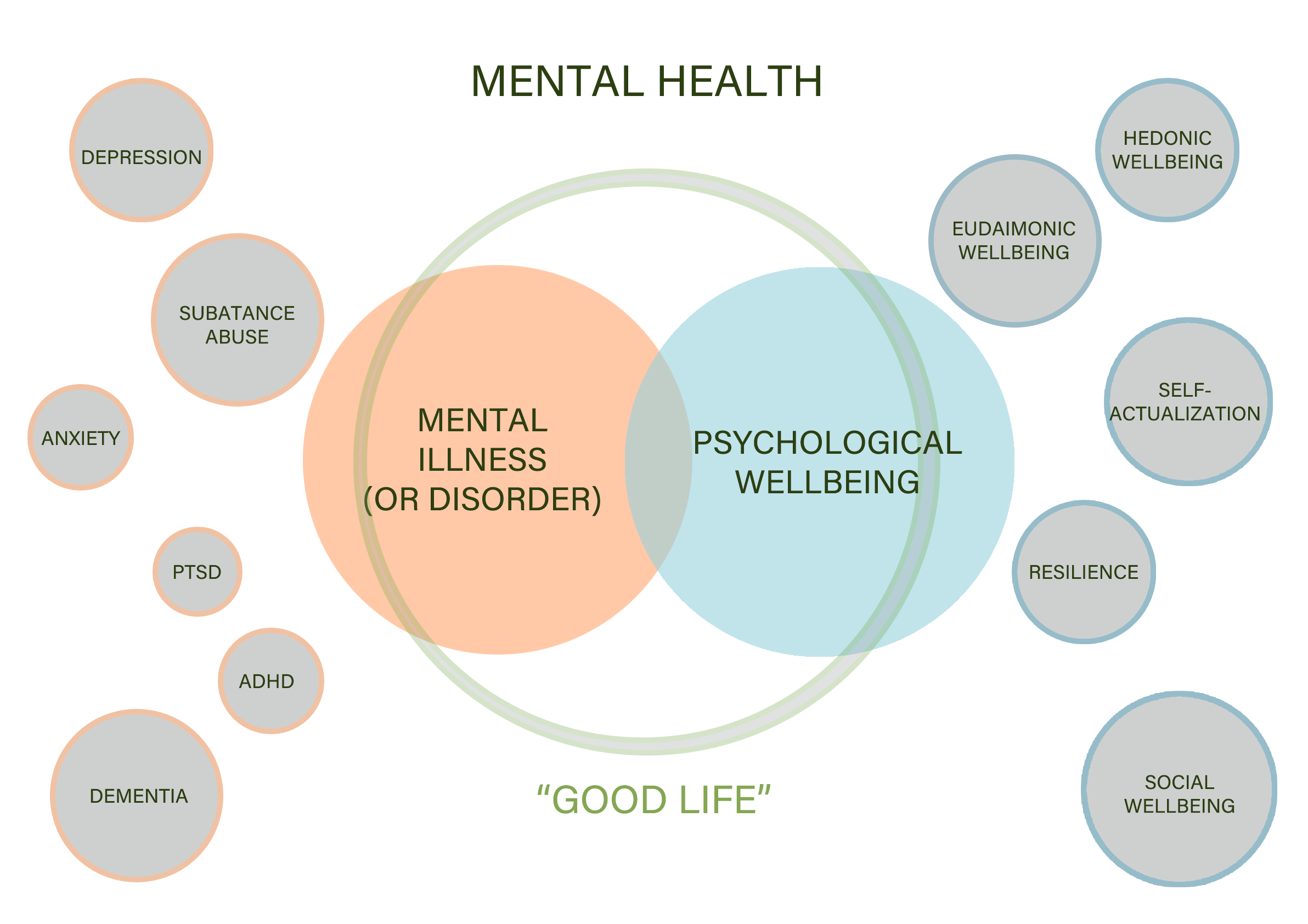
Health Care Programs
Health care programs in urban areas are targeted initiatives designed to address specific health challenges. These programs often focus on controlling particular diseases, such as diabetes or hypertension, that may be prevalent in urban populations. They also aim to promote health and prevent illness through education, community engagement, and public health campaigns. These programs can be tailored to the needs of specific urban populations, including vulnerable groups such as the elderly, children, and the homeless. By focusing on specific health issues, urban health care programs play a crucial role in enhancing public health, reducing disparities, and improving the quality of life for city dwellers.
Urban Health Care: Situation and Issues
The urban health care scenario is intricately tied to the socio-economic and environmental fabric of cities, presenting unique challenges and disparities that demand focused attention and strategic interventions.

Access to Quality Care
One of the most pressing issues in the urban health landscape is the significant gap in access to quality care. Despite the proximity to advanced medical facilities, a considerable portion of the urban population, particularly the urban poor, find these services out of reach. High costs associated with medical care, from consultation fees to the price of medication, place a substantial financial burden on low-income families, effectively barring them from accessing necessary health services. Additionally, geographical barriers, such as the clustering of medical facilities in certain urban districts over others, exacerbate the issue, making it difficult for residents of less serviced neighborhoods to obtain timely care. This disparity underscores the need for a more equitable distribution of health resources and the implementation of policies aimed at making health care more affordable and accessible to all urban dwellers.

Environmental Health Hazards
The urban environment itself poses significant risks to public health, with pollution, inadequate waste disposal, and the scarcity of green spaces being chief among them. Air and water pollution, stemming from industrial activities and vehicular emissions, have been linked to a range of respiratory and cardiovascular diseases. Poor waste management practices contribute to the proliferation of vectors such as mosquitoes and rats, leading to the spread of infectious diseases. The lack of green spaces, which are crucial for recreation and mental well-being, further exacerbates the urban health crisis by limiting opportunities for physical activity and community interaction. Addressing these environmental health hazards requires a multi-faceted approach that involves stricter pollution control measures, improved waste management systems, and the development of green spaces within urban planning initiatives.


Lifestyle Diseases
The urban lifestyle, characterized by sedentary behavior and high-calorie diets, is a significant driver of the rising prevalence of non-communicable diseases such as obesity, diabetes, and hypertension. The convenience of processed foods, coupled with the fast-paced nature of urban living, often leads to dietary choices that are high in fats, sugars, and salts. Simultaneously, the urban built environment, dominated by high-rise buildings and paved surfaces, discourages physical activity, contributing to the sedentary lifestyle that is increasingly common among city dwellers. Combatting lifestyle diseases in urban settings requires comprehensive public health strategies that promote healthy eating and regular physical activity. This can be achieved through public health campaigns, the creation of pedestrian-friendly urban spaces, and policies that encourage active transportation modes such as cycling and walking.

Overcoming Challenges in Urban Health Care System
The path to improving urban health care involves addressing several critical issues:
- Enhancing Resource Allocation: Adequate funding and resources are crucial for upgrading health infrastructure and services.
- Promoting Equity: Ensuring all urban residents, regardless of their economic status, have access to quality health care.
- Boosting Efficiency: Optimizing the use of resources and manpower to deliver effective health care services.
- Fostering Community Participation: Engaging communities in health planning and decision-making processes to ensure services meet their needs.
- Strengthening Inter-sectoral Coordination: Collaboration between health and other sectors like housing, environment, and education is vital for addressing the social determinants of health.

UDL Photoshop Masterclass
Decipher the secrets of Mapping and 3D Visualisation

Urban Design Lab
About the Author
This is the admin account of Urban Design Lab. This account publishes articles written by team members, contributions from guest writers, and other occasional submissions. Please feel free to contact us if you have any questions or comments.
Related articles
UDL GIS
Masterclass
GIS Made Easy – Learn to Map, Analyse, and Transform Urban Futures
Session Dates
23rd-27th February 2026

Urban Design Lab
Be the part of our Network
Stay updated on workshops, design tools, and calls for collaboration
Curating the best graduate thesis project globally!

Free E-Book
From thesis to Portfolio
A Guide to Convert Academic Work into a Professional Portfolio”
Recent Posts
- Article Posted:
- Article Posted:
- Article Posted:
- Article Posted:
- Article Posted:
- Article Posted:
- Article Posted:
- Article Posted:
- Article Posted:
Sign up for our Newsletter
“Let’s explore the new avenues of Urban environment together “

